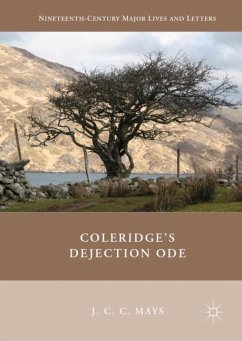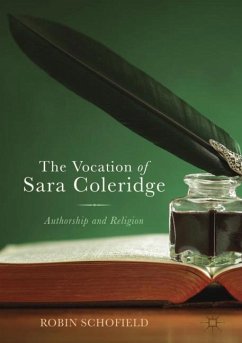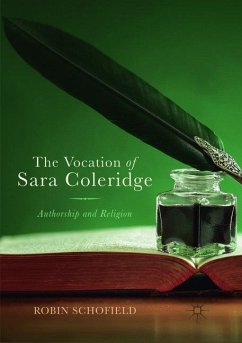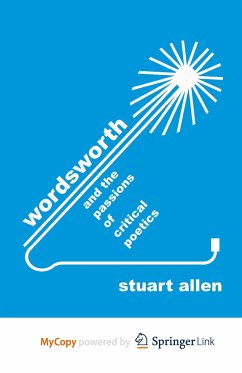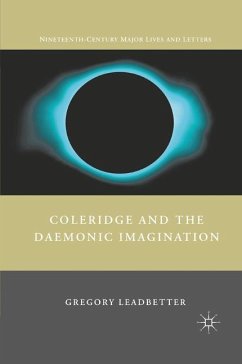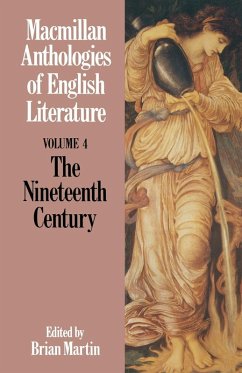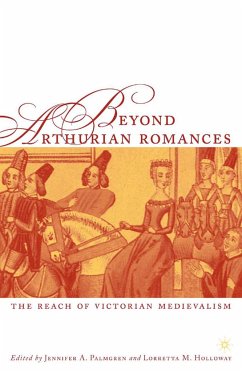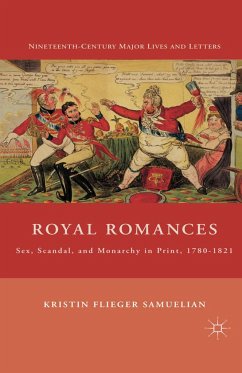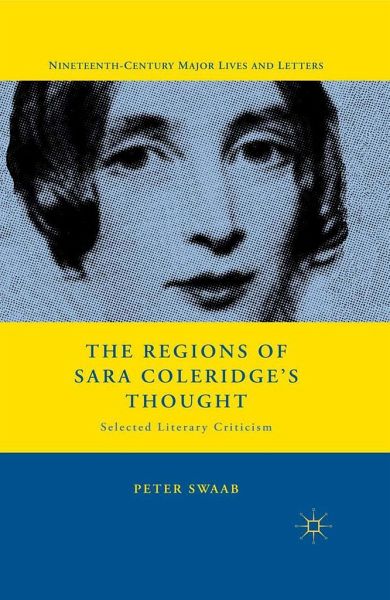
The Regions of Sara Coleridge's Thought
Selected Literary Criticism
Versandkostenfrei!
Versandfertig in 2-4 Wochen
58,99 €
inkl. MwSt.
Weitere Ausgaben:

PAYBACK Punkte
29 °P sammeln!
This book explores Sara Coleridge's critical intelligence and theoretical reach. It shows her in various critical guises: editing works by her father, Samuel Taylor Coleridge, commenting on her own poetry and prose, and writing diversely brilliant criticism of classical and English literature.



